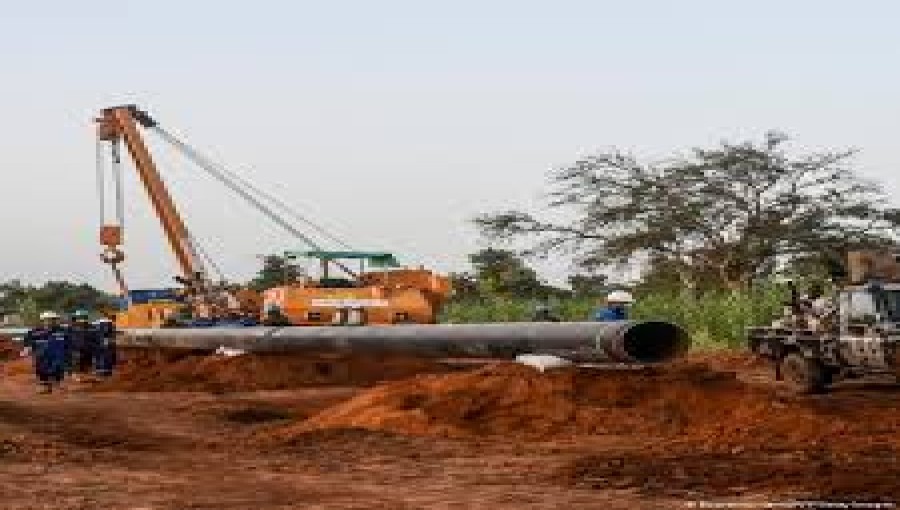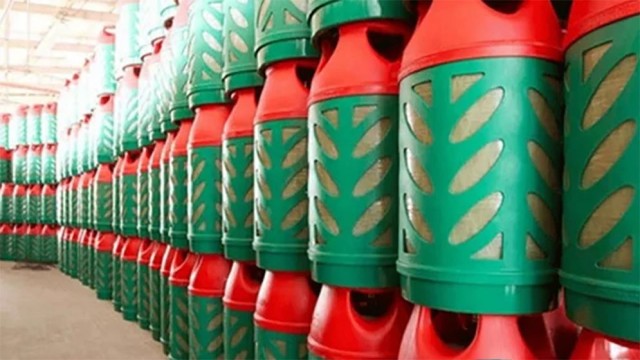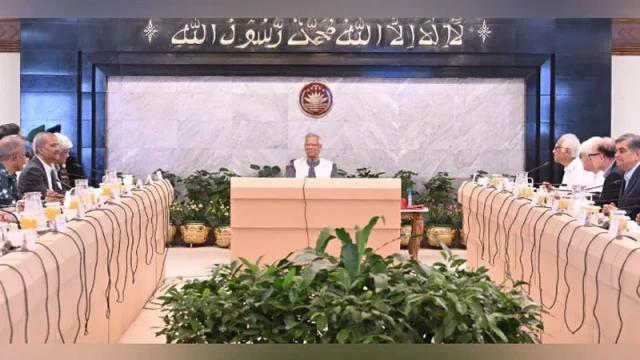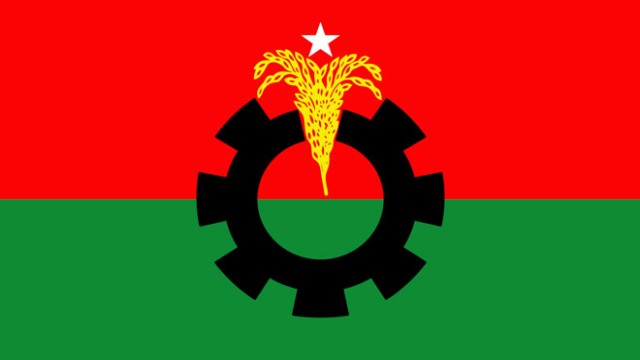Niger has escalated its diplomatic dispute with Benin by shutting off the taps feeding a pipeline that carries oil from Niger to Benin for export. This move comes amidst heightened tensions between the two nations following Niger's coup last year. The Benin port of Seme-Kpodji, which is crucial for exporting Niger's oil, has become a contentious point in this standoff.
After the coup, regional sanctions led to Benin closing its border with Niger, although it has since reopened it. However, Niger's military government has kept its side of the border closed, intensifying the friction. Despite Benin announcing last week that it was lifting its "blockade" on Nigerien oil, Niger has taken steps to stop the oil flow.
Nigerien public broadcaster Tele Sahel reported that Oil Minister Mahamane Moustapha Barke visited the country's eastern region to oversee the "total closure of the valves of crude oil destined for export" as directed by General Abdourahamane Tiani, the head of Niger's military government. Valves at one station had already been shut since June 6, and Barke ordered the closure of the remaining active stations, securing them with chains and padlocks.
Minister Barke expressed Niger's readiness to endure the consequences of this action. The oil is vital not only to Niger and Benin but also to the Chinese company Wapco, which operates the pipeline.
Complicating matters, last week saw the arrest of five Nigeriens at the Seme-Kpodji port by Benin authorities, who accused at least two of them of being "agents" of Niger's junta disguised as Wapco employees, a charge that Niger denies. In response, Barke indicated that General Tiani had ordered the shutdown of a pumping station if the detained individuals were not released.
This pipeline shutdown represents a significant escalation in the diplomatic row, with potential severe economic repercussions for both Niger and Benin, and the Chinese interests involved.































Comment: